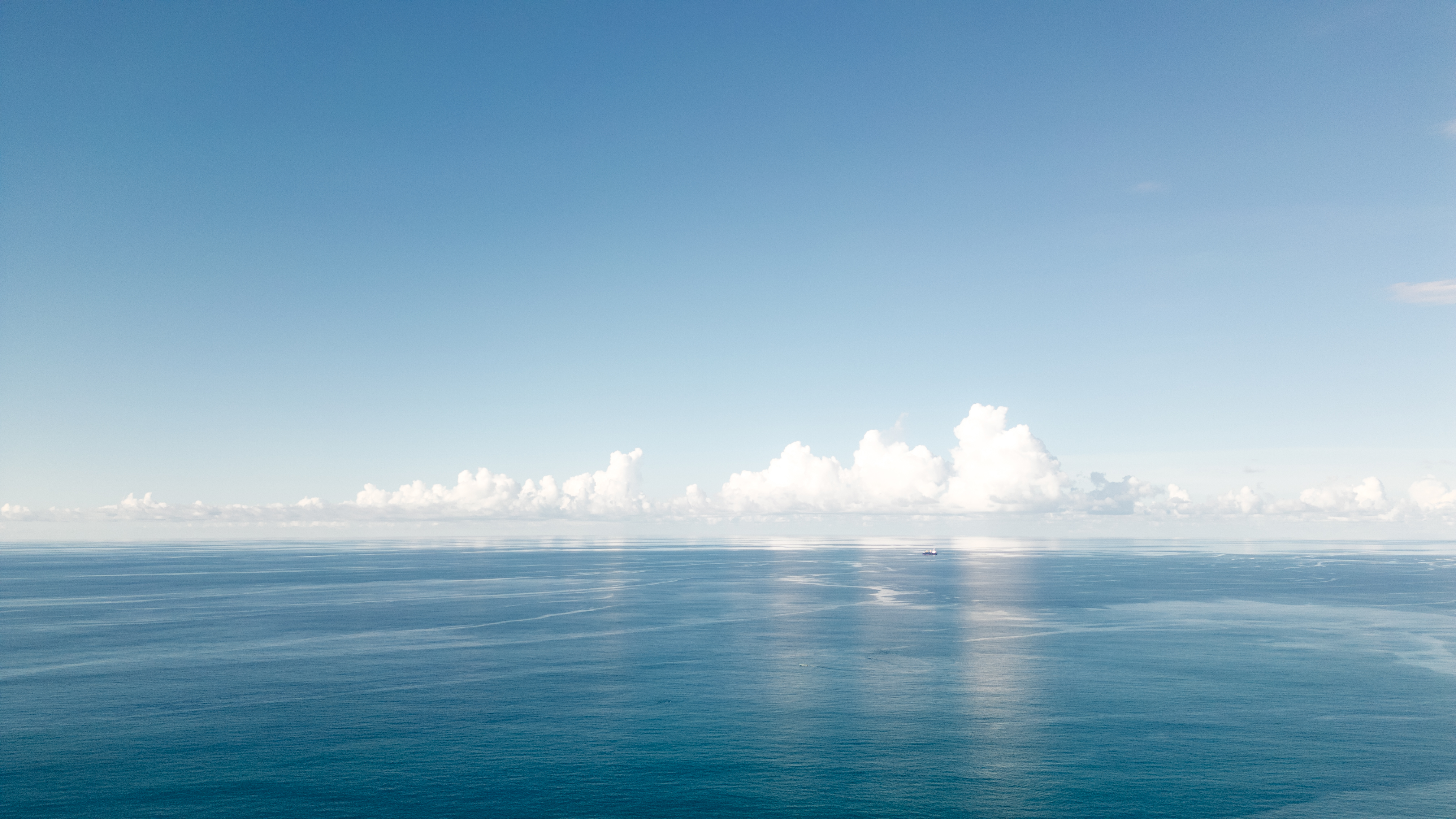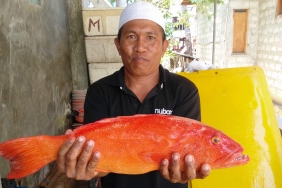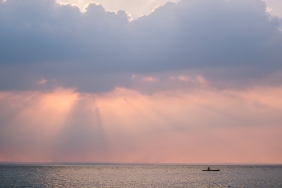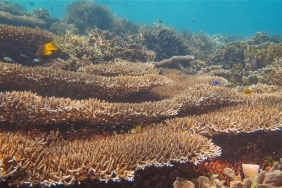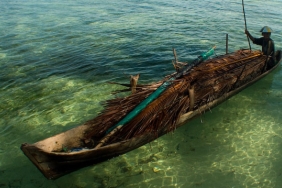WWF OVERSEES MANAGEMENT OF INDONESIA'S MARINE AND FISHERIES RESOURCES
By Novita Eka Syaputri
Indonesia has an ocean area 2/3 larger than its land area. This makes the work of KKP as the ministry responsible for managing marine resources, especially marine and fisheries, very difficult. WWF-Indonesia as a nonprofit organization in Indonesia that pays a lot of attention to and conservation of marine and fisheries resources, since 2010 has been working with KKP to create better fisheries in Indonesia.
Last September, an evaluation of the cooperation between WWF-Indonesia and the Ministry of Marine Affairs and Fisheries was held, which was well appreciated by the Secretary General of KKP Sjarief Widjaja. And on October 17, 2014, WWF-Indonesia and KKP agreed to continue the cooperation on marine and fisheries management marked by the signing of a Joint Agreement on Sustainable and Responsible Management and Utilization of Marine and Fisheries Resources. The agreement, which is planned to last until 2017, is intended to strengthen the Indonesian government's efforts to fulfill policies related to food security, sovereignty and sustainability of fishery products, especially in the Coral Triangle region.
WWF-Indonesia has long been working for conservation in the Coral Triangle, an area with the highest level of marine biodiversity in the world that covers six countries, including Indonesia. WWF-Indonesia's Coral Triangle Program's working area is spread throughout Indonesia's marine waters and also includes several areas of Inland Public Waters (PUD). For marine waters and especially related to the management of marine protected areas, WWF-Indonesia focuses on centers of biodiversity such as Sunda Banda Seascape (Sunda Banda Seascape), Bird Head Seascape (Bird Head Seascape) and Sulu Sulawesi Seascape (Sulu Sulawesi Marine Ecoregion). While related to fisheries management, WWF-Indonesia's working area follows the Fisheries Management Area (WPP), especially in the effort to design and implement the Ecosystem Approach to Fisheries Management (EAFM) model.
Through its marine program, WWF-Indonesia supports the establishment of marine protected areas launched by the government and encourages sustainable fisheries sector reform, especially in tuna, grouper, snapper, and shrimp farming practices. With the maritime spirit brought by the new government, it is hoped that the collaboration between WWF-Indonesia and KKP can bring enlightenment in marine and fisheries conservation in Indonesia.

